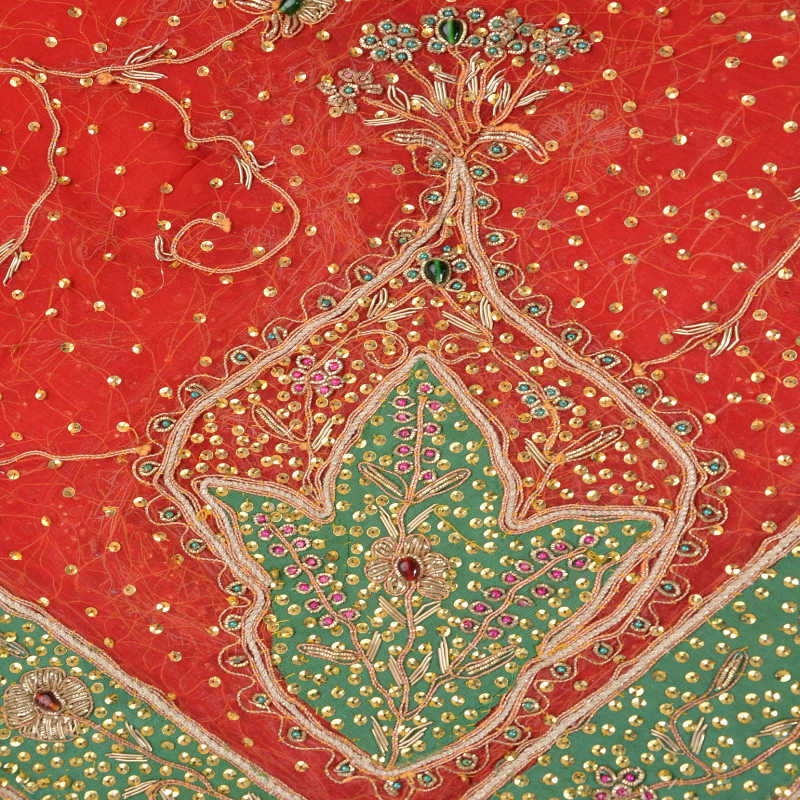===
0602,
1
===

=== |
 |
āhang : 'Design, purpose, intention; method, manner; sound, concord, melody'. (Platts p.111)
FWP:
SETS
MOTIFS == MUSIC
NAMES
TERMSThe kahāñ in the first line could be used to open up the can of delightful worms that is the 'kya effect'; together with the two possibilities-- interrogative and informative-- of the second line, we could unpack a set of permutations. But because the verse itself isn't that complex, it hardly seems necessary.
Note for translation fans: What to do with the exotic instruments ʿūd-o-chang ? If there's only one stringed instrument involved, 'lute' is the traditional basic choice. But if there are two? I chose 'dulcimer' because of its general similarity, and also its beautiful name. What's not desirable is something like 'violin', which sounds too specifically Western-classical, or 'guitar', which sounds too specifically Western-popular. It's better to have names that are more exotic and flexible, less pre-contextualized. In most ghazal verses it's obvious that the exact identity of the instruments is not in play (sorry, sorry), so we can go with such reasonable stringed-instrument choices. If we failed to find any, or felt that the exact instruments needed to be specified, we could always convert the Urdu names into English words; but this tactic should be saved for cases in which it's really necessary.